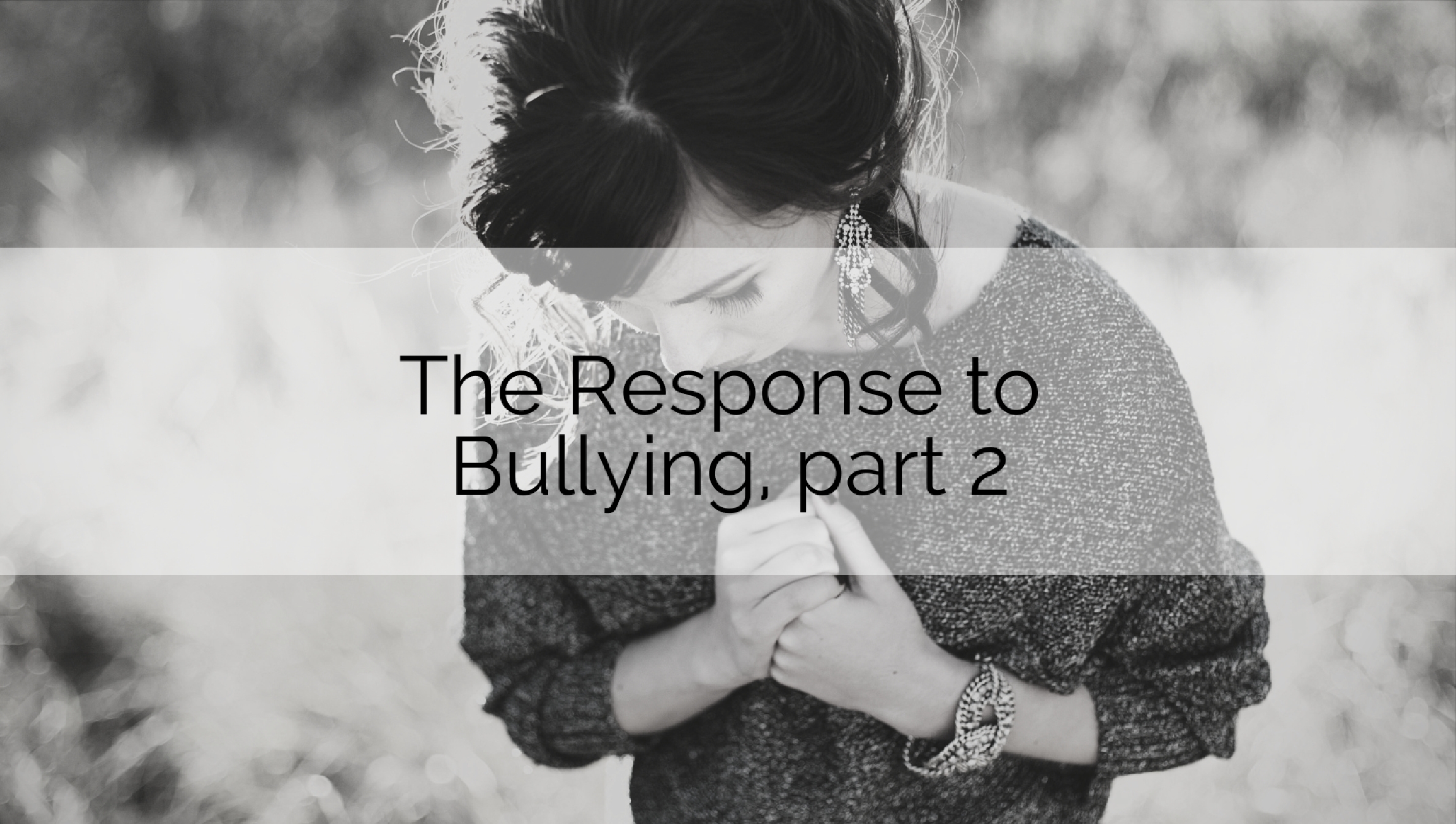It’s somewhat universal: middle school and high school years are often marked with stories of teens bullying or being bullied. Whether it is done in the fashion of Mean Girls, or the proverbial “lunch money stealer,” few kids escape middle school or high school without experiencing some sort of bullying–giving OR receiving.
While you may be saying, “there’s nothing new under the sun here, Hannah,” you would be right. Bullying and intimidation have always been around (Joseph and his brothers anyone?), but bullying today seems to have become more dangerous and with longer-lasting effects.
So why is it so different in the 21st century?
The Daily Beast’s Lucinda Franks writes, “Bullies have been proliferating in middle and high schools across the country, trespassing on the inalienable rights of children and committing with impunity what would be criminal behavior in the adult world. Unlike the comparatively mellow and transitory bullies of old–a normal part of childhood–they can beat their peers so severely they end up in hospitals, and spread false rumors on Web sites like Twitter, Facebook, and MySpace that destroy friendships and affect the ability of the victims to get future jobs. They are more than bullies: Persecutors, often coalescing into large groups to relentlessly harass their victims for months or years, often driving sensitive, talented, and often A-students with untroubled histories to commit suicide.”
Why is online bullying so successful and so pervasive in current culture? Today, teens/tweens are connected. They have Facebook, they tweet, they text their friends. While this connectivity in itself isn’t bad, it can create a seemingly safe “wall.” The things that teens can’t tell their friends face to face are fair game to be posted on the internet. Bullying becomes something that follows a teen from the classroom, to their cell phone, to their bedroom.
For parents, pastors, youth workers, teachers, and other adults, this can be incredibly overwhelming. The medium used for bullying is unlike things that we have ever experienced and is much darker and the consequences much more serious. There are many of us that are not as familiar with the technology as we would like. Others of us have chosen to ignore it and hope that this “fad” will go the way of cd players and pagers. Fortunately, or unfortunately, social networking, I think, is going to be with us for quite a bit longer.
What are the ways that we, as youth workers, parents, teachers, or pastors handle online bullying?
1. Be Aware: As a youth worker, I often have access to information on students’ Facebook sites that they won’t allow parents to see. It is known to the youth that I work with that I look at their pages and will (and have) report “bad” behavior to them and to their parents. The same with cyber bullying: it is my duty to talk to youth and parents if I see a youth being bullied or bullying another student.
2. Educate: The online world is one where teens have an upper hand. They are at home in the world and adults may often feel like they are merely tourists. Helping parents understand the different types of social media and how it’s used may help them feel more comfortable talking with their students in setting appropriate online boundaries.
What are some other things that we can do to help stop online bullying?









0 Comments